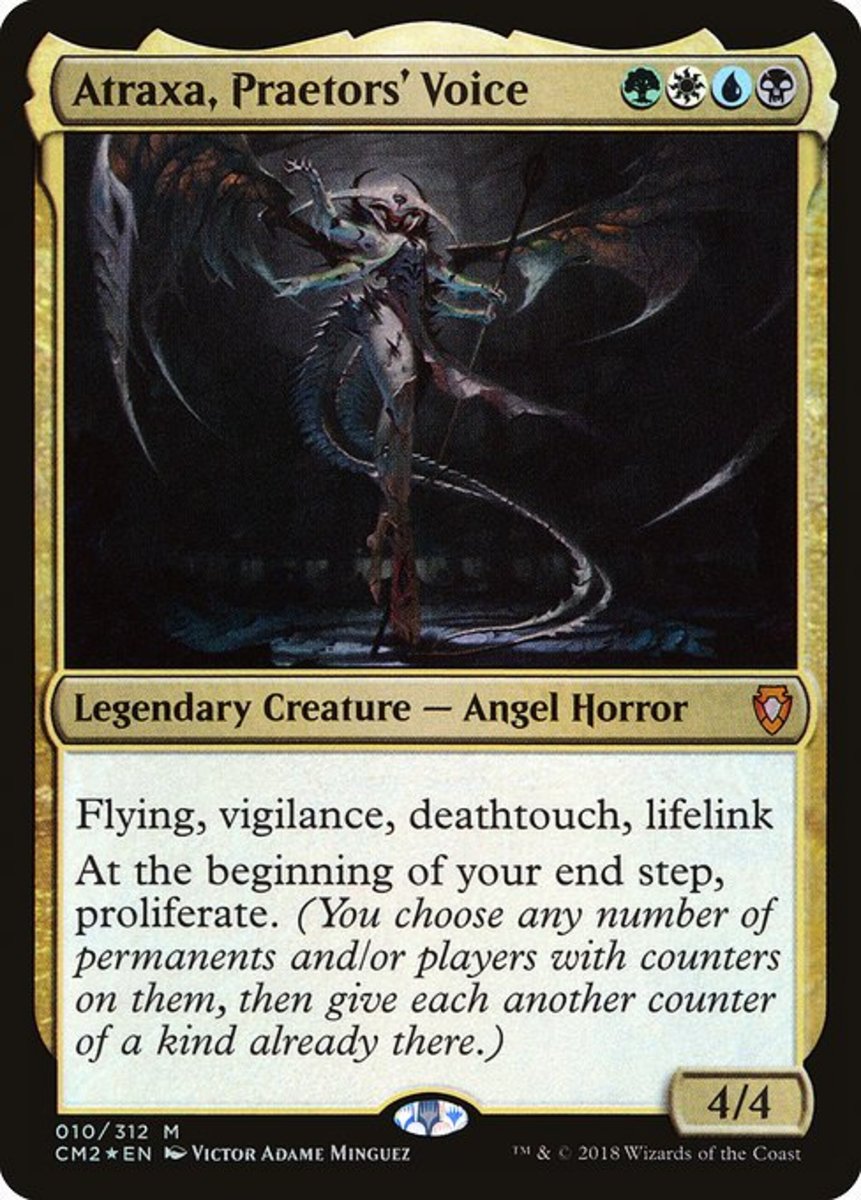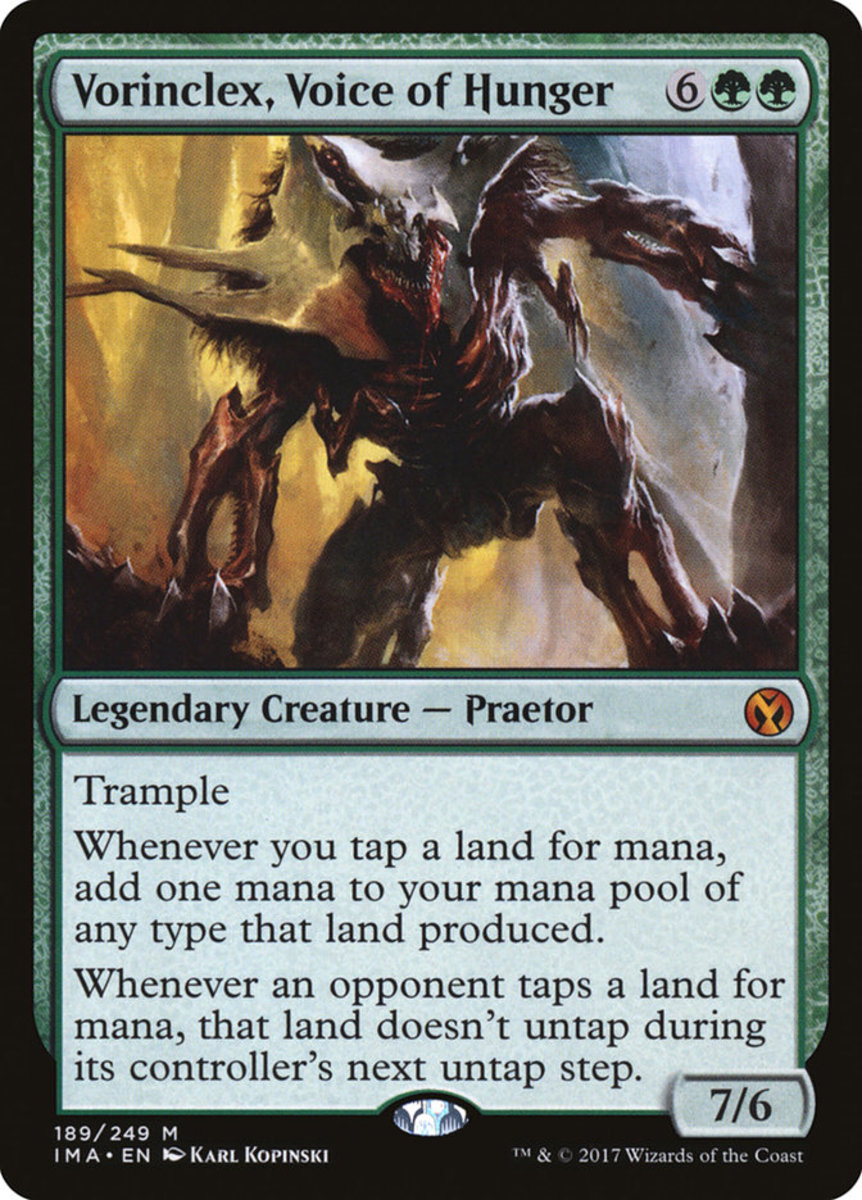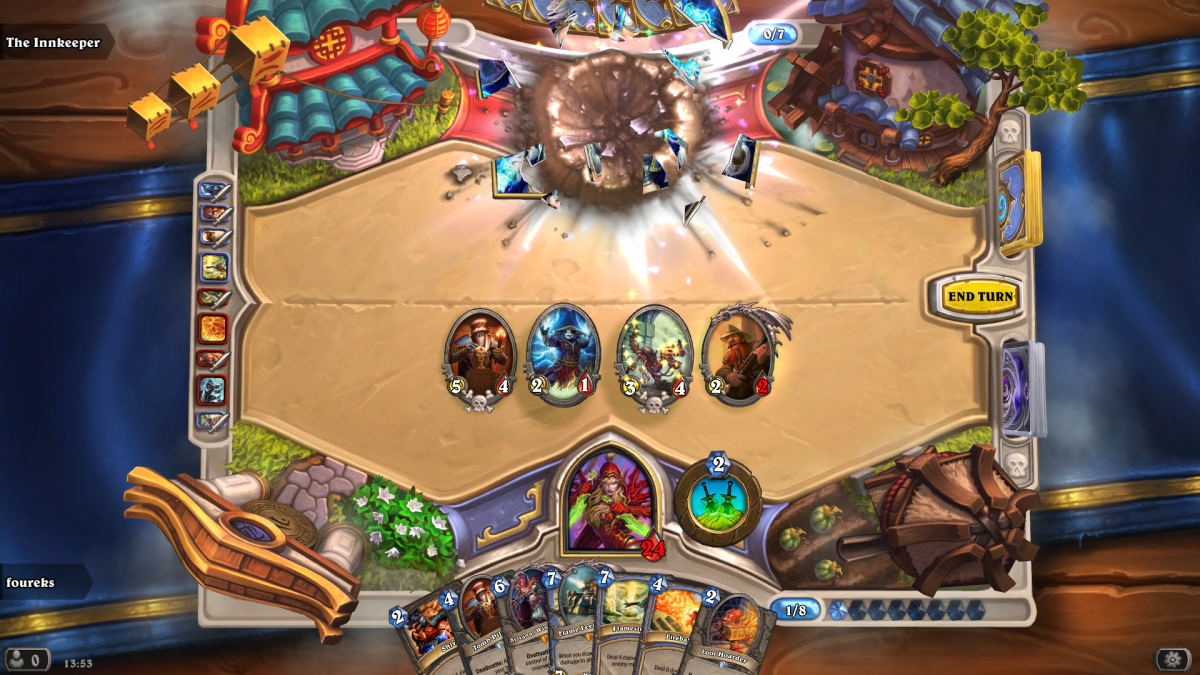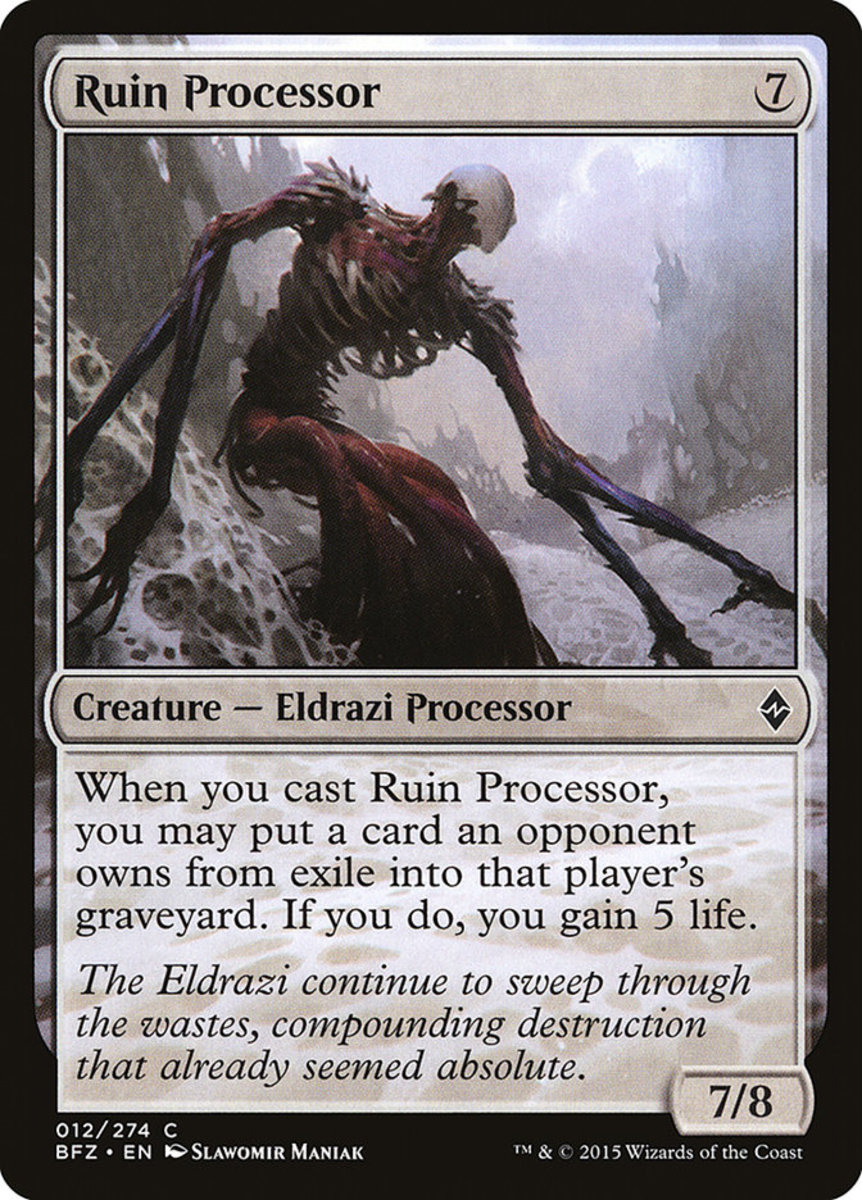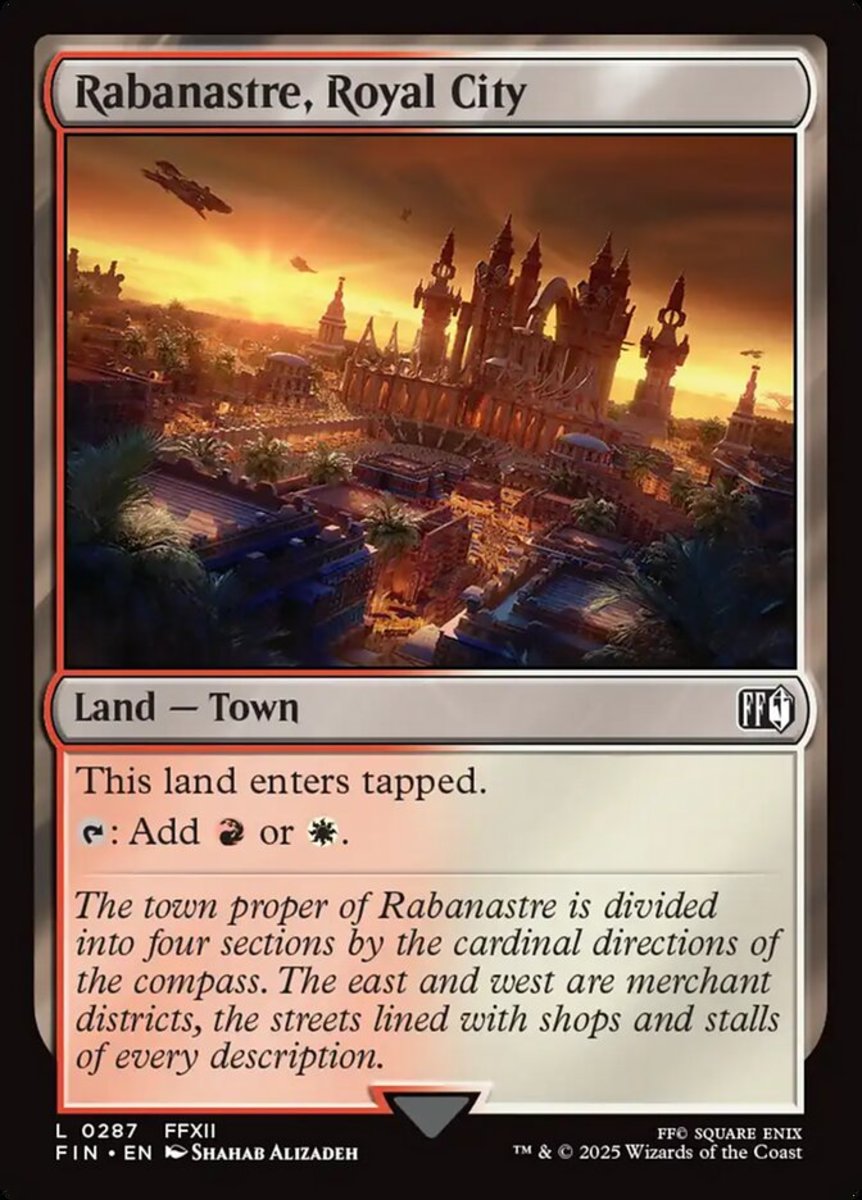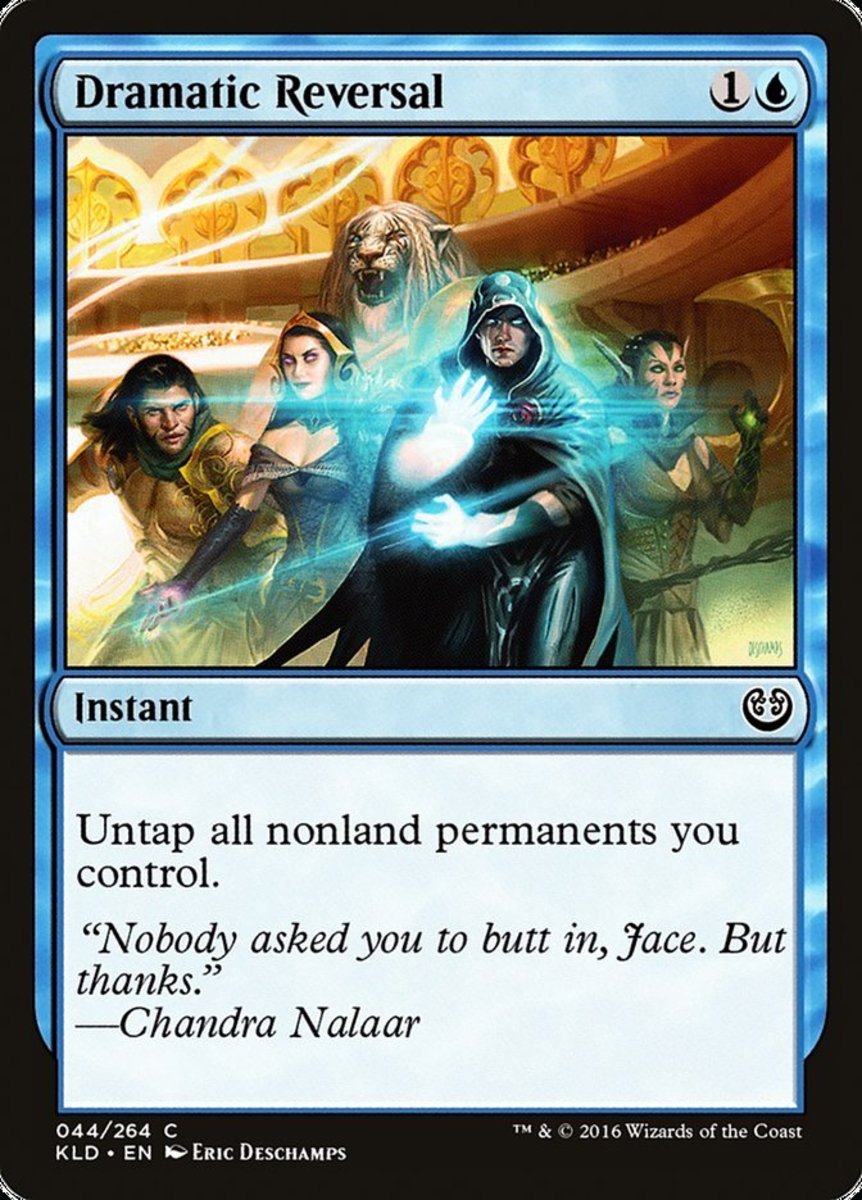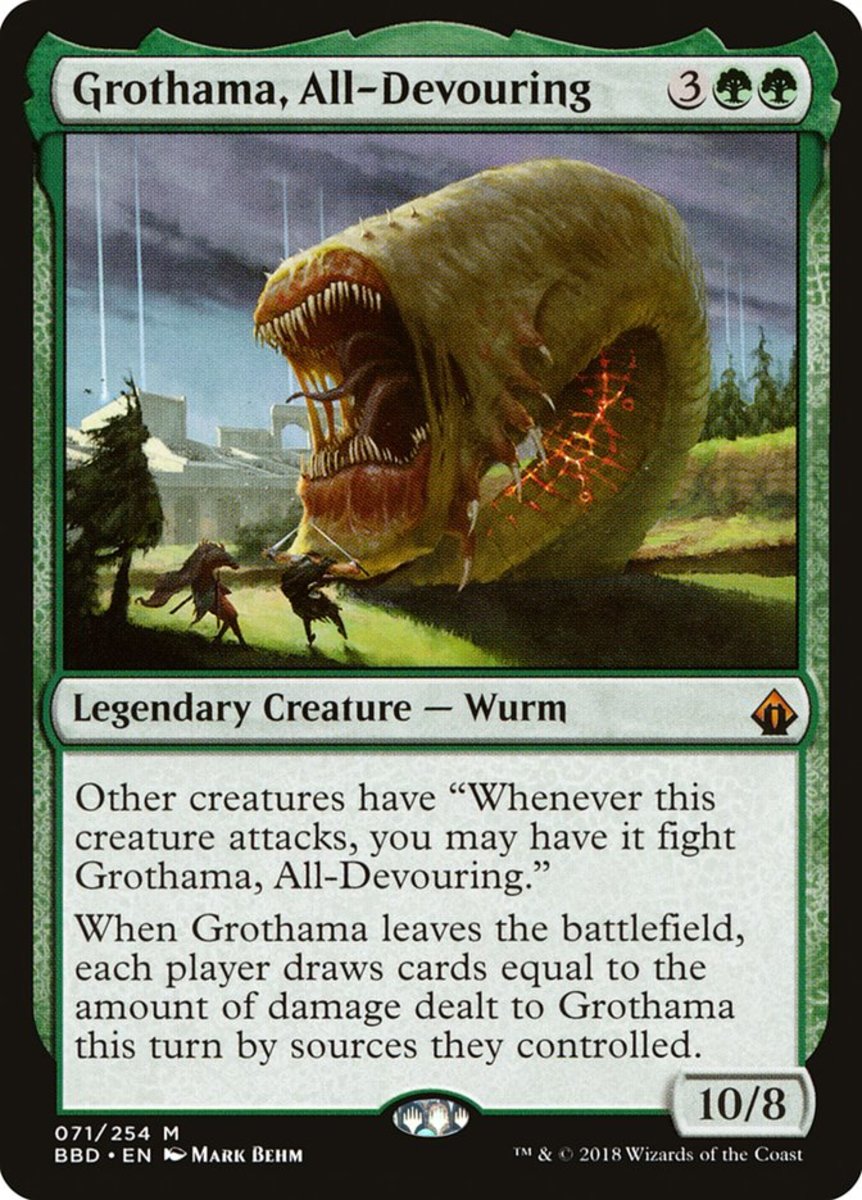- HubPages»
- Games, Toys, and Hobbies»
- Card Games»
- Collectible Card Games
Magic the Gathering Deck Building and Style
One of the astonishing things in magic the gathering is how well it can accomodate players who have such a different views on the game. From ruthless one on one dueling to the humourous antics of large group games, magic can appeal to just about anyone who likes strategy games. Moreover, because the card set is always increasing, there is always room to try new things. You're never constrained from building a different type of deck if you so desire. Still, you begin to develop preferences. This hub is for those who well know those preferences, and want a deck so tailored to their playing style it becomes an enduring favorite.
A key word here is enduring. In creating your own style, working with a rotating tournament format will eventually disappoint. I'm limiting myself to either casual play or at least eternal formats. While many cards in magic are highly similar, certain cards, if not reprinted, can't be replaced. Uzratron and Dredge would be some well known decks with irreplacable cards. You can't build a Tron based deck without the Urza Lands, or Dredge without Golgari Grave Troll. If you want your enduring personal deck, you can't limit yourself to just the few recent sets, even if the card base is still considerable.

Ideal Mtg Deck Building Step One: State Your Preferneces
When making a deck personally suited to your personal flair, mtg deck building starts with making clear the obvious. What do you most enjoy about magic and what is your ideal mtg game? I'll go through the thinking in my favorite deck to get you started on the ideal mtg deck building process. Do you prefer aggro, control, combo, or somewhere in between? Do you have a favorite color or combination? Dueling, multiplayer, or that rare deck that works for both?
Here are my answers: I have the most fun when I earn my victories through cunning. As a result I don't like true combo decks (the combo is instant death) or true control decks (where my opponent can't do anything). However, control takes skill, so I like a deck with some control and some aggro. Cunning is much better rewarded in chaos multiplayer where being obvious is a huge detriment. Cunning is also better served by hidden threats (cards in hand) as opposed to on board threats, and instant speed is crucial. Well traveled players should agree that monoblue can definitely deliver these desires. In some instances ideal mtg deck building needs to buck color trends, but here I picked blue for what blue does best.
Ideal Mtg Deck Building Step Two: Problem Solving
Now, that I've determined that a monoblue multiplayer deck best fits my desires, My deck building will have to solve some problems. Trickery is only possible when you have a firm grasp of the game. You have to get a good idea about how players respond and create situations where misplays happen. So my mtg deck building begins here: what causes misplays in multiplayer games?
Multiplayer magic is won by progressively tackling threats. You always want to save the weakest player for last. The key to winning a multiplayer game is to understand you only have to kill the last remaining player. So an accurate picture of the field is critical. This allows you to save your resources for the most dangerous player while in other matters staying neutral and letting others take care of threats.
The Conundrum of Multiplayer Magic

But how can you do that with a monoblue deck? To an experienced player, large numbers of open islands combined with few board threats screams counter magic. I would be the first to step up and say that counter magic isn't the only thing blue is good at. However, counter magic is blue's biggest threat because it can stop almost any spell, provided you stop it as it's being cast. So the smart player is going to hold back until the counter threat is gone. For the monoblue player, this creates a big problem. While others are slowly building their strength and waiting to make their move, you have to sit with open mana and a weak board position. Recognizing that there's nothing I can do about this, given the deck I've chosen, the next step in my ideal mtg deck building is answering the question: how do I get other players to ignore a blue deck?
First one must understand that your opponents' threat evaluations can only be rudimentary. (Unless a player is dumb enough to bring a recognizable deck whose threats are easily evaluated.) They look at what's on your board and the collected actions you've taken. Smart players will evaluate hand sizes, but it's not against the rules to make your hand look smaller than it is. (You are required to reveal hand size when asked.) Experience has taught me, however, that the number one thing players look at is board position. For a blue deck this means you want your board to distract other players from all the open mana and cards you have. This is what my favorite mtg deck deliberately sets out to do, using highly unusual methods:
1) Deliberately weak creatures. Creatures that have some penalty like islandhome that aren't too strong anyway.
2) Creatures with niche abilities. These creatures not built for attacking (1/1, 0/1, 2/2, etc.) but have a useful, nonthreatening ability. Apprentice Wizard, a 0/1 wizard that taps for extra mana, or Disruptive Student, 1/1 which taps to counter a spell unless its caster pays an additional one mana,etc.
3) Creatures whose main function is as a sacrifice for some other card. My funky blue guys get sacked to Homarid Spawning Bed, an obscure and highly underrated enchantment that earns me lots of tokens
4) Morphs. The morphs that transform into threatening creatures are few and far between. They tend to look harmless.
All in all these various kinds of cards give the impression of a weak deck and they should. The truth is that this deck has a serious lack of power. Given my deliberate weakness, my next problem to solve in my ideal mtg deck building is where to find the extra power. The effectiveness of this deck rests on the insight that the most powerful card on the board/being cast belongs to my opponents. Now see the strength this deck is trying to hide.
Ray of Command (take and untap any creature at instant speed), Siren's Call (opponent's creatures must attack or die), Gigadrowse (tap down all your opponent's blockers/attackers and let other players attack for the kill), Confiscate (take any permanent on the board), Willbender/Deflection (redirect any spells toward a target of your choosing), Mischevious Quanar (copy spells), Draining Whelk (opponent's win condition nixed netting you a big fat flyer).
Herein lies the genius to this deck, the reason it will always be my favorite: I don't have a win condition. I have to make one up as I go along. Since other players do play with win conditions I can, given the time and resources, steal/copy their win conditions, and given the deck's ability plunge beneath the radar and the waiting that dominates early multiplayer games, I get that time and those resources. This deck is the very essence of cunning: keeping a keen eye on the game for any move that would allow me to seize a victory from completely out of nowhere. In this deck's crowning acheivement (an eight player game) I managed to get close to 30 available mana (massive numbers of islands and a charge enchantment) with 7 cards in hand. Within the course of two turns I emptied my hand, tapped out, and five players died, the final remaining player killed with my Camarid tokens. (Anything can and does happen in multiplayer.)
The Mtg Card Search

Ideal Mtg Deck Building Step Three: Card Searching
So that's the logic behind my favorite deck and why I built it. What remains in the ideal mtg deck building process is finding the cards to give your idea your own personal touch. First and foremost you must play test your deck. My favorite deck has also been my most played deck. Therefore, I know how it works. I can explain the logic behind my favorite deck in detail. (I go into even more in my article on magic multiplayer politics) I also know exactly how to play it. I know when the time is right for me to attempt to win the game. Therefore, I can always recognize a card that might spruce up the deck. This is vital, because all the mtg card search tips I'll soon provide are based on knowing what you're looking for. Here are your considerations
1) General problems. These are the meat and potatoes problems that must be solved in all mtg deck building: how much removal to include, card advantage, win condtions, etc. You need answers that fit in the deck you're making. A counterspell isn't all that hot if you can't keep mana open.
2) Deck problems. A combo deck in mtg always faces some of the same problems that every other combo deck faces: acquiring the cards for the combo, making sure the combo is lethal, how to deal with cards that mess up combo decks, etc. Specific colors also tend to have the same issues.
3) Unique problems. If you're adapting your own unique deck, your strategy will also have its own problems. My favorite deck has two problems: being stuck with powerless creatures that don't have relevant abilities and a need for a lot of mana for a big finish. These are solved by the cards Homarid Spawning Bed and Iceberg respectively.
In order to find that perfect mtg card you need to go through a lot of cards. Here are my suggestions:
The Mtg Community

1) Find a good casual player group. This offers the ability to see a large number of cards outside the pressure of a tournament. While dueling can let you practice your duel decks, I love the prospective that multiplayer offers because of how ridiculous the games can get. If you're looking for unpredictable combinations and deck ideas this would be a great place to look.
2) Massive trading. By massive trading I don't necessarily mean that a great number of cards are exchanged, only that a large number of mtg cards are available for trade. Players tend to organize their collection at least by color/rarity. They also have a tendency to put their best cards in binders. Sometimes you can get your whole collections together and do massive swapping.
3) Commons boxes. As a veteran of budget magic I admit that a high percentage of commons are POS's but commons sometimes provide elegant solutions to long standing problems. While rares and mythics are where the power is, good support can found in commons and common boxes are always huge.
4) Gatherer Database. This is wizard's database, url http://gatherer.wizards.com. It contains every official card. Depending on what you're looking for, the database can be rich or frustrating. It can filter just about any trait imaginable. (Happy hunting for mtg theme deck builders.) Generally, the more specific you are about the card you need, the easier it is to find. It's great for things like mtg key words, or trying to track down that card you want to use but have forgotten the name of. When it comes to something like finding the most appropriate mtg discard spell, you're going to get a great deal of irrelevant responses. Sometimes patience and creative search criteria can narrow in on what you want, sometimes you're better off just relying on experience. If you've settled on a great new card, check out the discussion section, this often provides insight and relevant combos.
5) Rare Drafts: a draft is simply any arrangement where you take piles of cards (usually freshly opened booster packs, check Booster Draft Explained for more info.), an in an orderly fashion take a card from the pile and then pass it around. The typical draft is 3 piles of 15 (corresponding to three booster packs). However, some players like to run reject rare drafts. In these instances everyone brings 45 rares they're willing to part with and separate them into 15 card piles for drafting. A collection of a dedicated magic player should contain enough rare to pass on. To keep myself from obsessing over the game I keep a strict 8 deck limit, which means there's loads of cards i have that will never see play. In a rare draft I come with 45 rares I'm willing to part with and leave with 45 rares in which I had some degree of choosing. With any luck I'd come out with a number of seemingly impractical blue rares that I'm better at abusing than most other players.
A recap:
Getting that perfect deck is a matter of knowing your abilities and desires as a player: what you like doing, which kinds of cards best suit you. No matter how bizarre the concept, you'll have to build a back bone of cards that all decks use: removal, combat tricks, etc. You might also find the deck having specific problems relating to the unique deck you happen to be using, you may need such as sack outlets, discard outlets or unusual mana bases. From the backbone of the deck you can begin to explore the available cards for your strategy. This process takes active searching but also takes time. In some instances the card you're looking for hasn't been printed yet. But if you persist a pet deck can be yours


